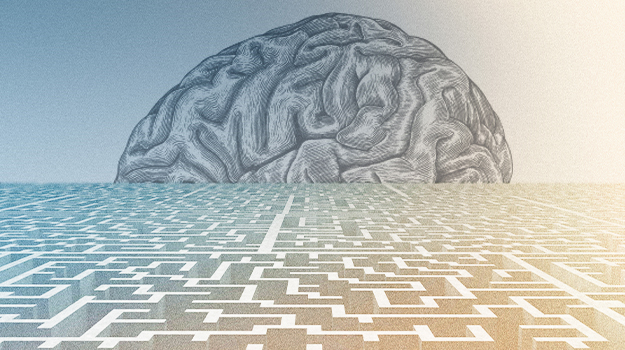Losing weight is often portrayed as a straightforward equation of eating less and moving more. However, the reality is far more complex. If you’ve been struggling to shed those extra pounds despite your best efforts, you’re not alone. This essay delves into the hidden reasons why losing weight can be so challenging, exploring the physiological, psychological, and societal factors that often sabotage our best intentions.
The Physiological Struggle: Your Body’s Resistance
1. Metabolic Adaptation: When you cut calories, your body fights back. It’s a survival mechanism honed over millennia. Your metabolism slows down to conserve energy, making it harder to lose weight and easier to regain it. This phenomenon, known as metabolic adaptation, is one of the primary reasons why people hit a weight loss plateau.
2. Hormonal Havoc: Hormones play a significant role in weight regulation. For instance, ghrelin, the hunger hormone, increases when you diet, while leptin, the hormone that signals fullness, decreases. This hormonal imbalance can lead to increased hunger and reduced satiety, making it difficult to stick to a calorie-restricted diet.
3. Muscle Loss: When you lose weight, especially quickly, you often lose muscle mass along with fat. Muscle tissue burns more calories at rest than fat tissue, so losing muscle can slow your metabolism further. This makes it even more challenging to maintain weight loss over the long term.
The Psychological Struggle: Mind Over Matter
1. Emotional Eating: Many people use food as a coping mechanism for stress, anxiety, or depression. Emotional eating can derail even the most disciplined diet. Understanding and addressing the emotional triggers for overeating is crucial for sustainable weight loss.
2. Dieting Mentality: The all-or-nothing approach to dieting can be self-sabotaging. When people view foods as “good” or “bad,” they often fall into a cycle of restriction and bingeing. This yo-yo dieting not only disrupts metabolism but also fosters a negative relationship with food.
3. Self-Sabotage: Subconscious fears and beliefs can also hinder weight loss efforts. For example, some people fear the attention or expectations that come with a slimmer physique, leading them to unconsciously sabotage their progress.
The Societal Struggle: Culture and Environment
1. Food Environment: We live in an environment saturated with calorie-dense, nutrient-poor foods. Fast food outlets, sugary snacks, and oversized portions are ubiquitous, making it difficult to make healthy choices. The convenience of unhealthy food often outweighs the effort required to prepare nutritious meals.
2. Sedentary Lifestyle: Modern life is largely sedentary. Many jobs require long hours of sitting, and leisure activities often involve screens rather than physical activity. This lack of movement contributes significantly to weight gain and makes weight loss harder.
3. Social Influences: Friends and family can influence your eating habits and attitudes towards food. Social gatherings often revolve around food and drink, and well-meaning loved ones may unintentionally sabotage your efforts with pressure to indulge or by offering treats.
Breaking the Cycle: Strategies for Success
1. Holistic Approach: Addressing weight loss requires a holistic approach that considers not just diet and exercise, but also psychological and social factors. Mindfulness practices, such as meditation and journaling, can help manage stress and emotional eating.
2. Sustainable Changes: Focus on making small, sustainable changes rather than drastic diets. Incorporate more whole foods into your diet, find enjoyable forms of physical activity, and set realistic goals. Celebrate progress rather than perfection.
3. Support System: Surround yourself with a supportive network. Seek out friends, family, or support groups that encourage your healthy habits. Professional help, such as a dietitian or therapist, can also provide valuable guidance and accountability.
4. Education and Awareness: Educate yourself about nutrition and the science of weight loss. Understanding how your body works can empower you to make informed decisions. Stay aware of marketing tactics and societal pressures that may influence your choices.
5. Patience and Persistence: Weight loss is a marathon, not a sprint. Be patient with yourself and understand that setbacks are part of the journey. Consistency and persistence are key to achieving and maintaining a healthy weight.
Conclusion
Losing weight is undeniably hard, but understanding the complex interplay of physiological, psychological, and societal factors can help you develop a more effective and compassionate approach. By addressing these hidden barriers and adopting a holistic, sustainable strategy, you can overcome the challenges and achieve your weight loss goals. Remember, it’s not just about the destination but the journey towards a healthier, happier you.





